“Exploring the Pedagogy of the Oppressed: Innovative Approaches and Impactful Strategies” delves into the transformative educational framework developed by Paulo Freire. This article examines the historical context and origins of Freire’s revolutionary ideas, which emphasize critical consciousness and the empowerment of marginalized communities through education. By highlighting the core principles of the Pedagogy of the Oppressed, we explore how these concepts have inspired innovative approaches in modern education. Additionally, we assess the impact on student engagement and empowerment while addressing the challenges and criticisms faced by this pedagogy. Join us in understanding how Freire’s work continues to influence and shape educational practices today.
gameshoek.com will take you through an extensive exploration of this topic.
1. Historical Context and Origins
The Pedagogy of the Oppressed, formulated by Brazilian educator Paulo Freire in the 1960s, emerged during a period of significant social and political upheaval in Latin America. Freire’s experiences working with illiterate adults in Brazil informed his development of a revolutionary educational framework that sought to challenge the traditional, oppressive structures of education. His seminal work, Pedagogy of the Oppressed, was published in 1968 and quickly gained international attention for its radical approach to education.
Freire’s pedagogy was deeply influenced by Marxist theory and liberation theology, emphasizing the importance of critical consciousness, or conscientização, as a means for the oppressed to recognize and challenge their conditions. His approach called for a dialogical method of teaching, where educators and students engage in a mutual process of learning and reflection. This stood in stark contrast to the “banking model” of education, where knowledge is deposited into passive students. Freire’s ideas resonated globally, particularly in regions experiencing social inequality and struggles for liberation, and continue to influence educational practices and theories today.
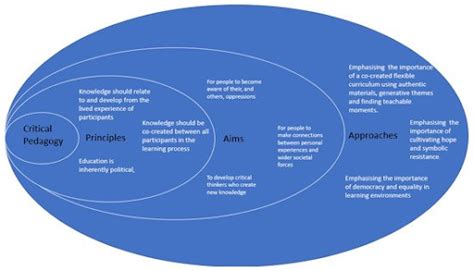
2. Core Principles of the Pedagogy of the Oppressed
At the heart of the Pedagogy of the Oppressed are several core principles that seek to transform traditional educational paradigms. One of the fundamental concepts is conscientização, or critical consciousness, which involves learners developing an awareness of their social, political, and economic conditions. This heightened awareness empowers them to take action against oppressive elements in their lives.
Freire’s pedagogy emphasizes the importance of dialogue between educators and students. Unlike the conventional “banking model” of education, where knowledge is simply transmitted from teacher to student, Freire advocates for a co-constructive process where both parties learn and grow together. This dialogical approach fosters critical thinking and encourages students to question and challenge existing structures.
Additionally, the Pedagogy of the Oppressed promotes the idea of praxis, which is the interplay of reflection and action. Students are encouraged to apply what they learn to real-world situations, reflecting on the outcomes and continuously improving their understanding and actions. This dynamic process aims to cultivate active, empowered learners who can drive social change.
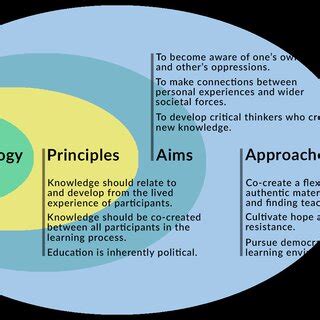
3. Innovative Approaches in Modern Education
The principles of the Pedagogy of the Oppressed have inspired numerous innovative approaches in modern education. One such approach is the incorporation of project-based learning, which aligns with Freire’s emphasis on praxis. In project-based learning, students engage in complex, real-world projects that require critical thinking, collaboration, and problem-solving. This method allows students to apply theoretical knowledge to practical scenarios, reflecting Freire’s belief in the importance of action and reflection.
Another innovative approach is the use of dialogical teaching methods. Educators create a classroom environment where open dialogue is encouraged, and students are seen as co-creators of knowledge. This practice fosters a sense of community and mutual respect, allowing students to voice their perspectives and learn from one another. It helps in developing critical consciousness, as students are encouraged to question and analyze the world around them.
Technology integration also plays a crucial role in modern adaptations of Freire’s pedagogy. Digital platforms and tools facilitate collaborative learning and provide access to a wealth of information, enabling students to explore diverse viewpoints and engage in critical discussions. Online forums, interactive simulations, and digital storytelling are some of the ways technology enhances dialogical learning and critical thinking.
These innovative approaches, inspired by Freire’s principles, aim to create more engaging, empowering, and transformative educational experiences, preparing students to become active, informed citizens capable of effecting positive social change.
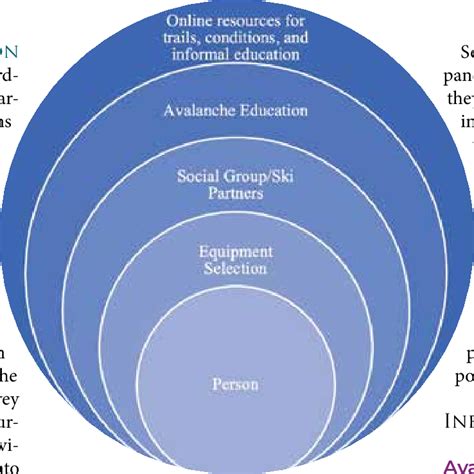
4. Impact on Student Engagement and Empowerment
The application of the Pedagogy of the Oppressed in modern educational settings has significantly impacted student engagement and empowerment. By emphasizing critical consciousness and dialogical methods, this approach encourages students to become active participants in their learning journey rather than passive recipients of information. This shift fosters a deeper connection to the material, as students are motivated to explore, question, and understand the relevance of their studies to their own lives and communities.
The focus on project-based learning and real-world applications of knowledge helps students see the direct impact of their education, increasing their intrinsic motivation and commitment. This hands-on approach not only makes learning more engaging but also develops essential skills such as critical thinking, problem-solving, and collaboration.
Moreover, the dialogical nature of Freire’s pedagogy promotes a classroom environment where students feel valued and heard. This inclusive atmosphere builds self-confidence and encourages students to take ownership of their education. By participating in discussions and sharing their perspectives, students learn to articulate their thoughts and challenge existing viewpoints, leading to a more empowered and informed student body.
Overall, the Pedagogy of the Oppressed enhances student engagement by making learning more relevant, interactive, and empowering, ultimately fostering a generation of proactive, socially conscious individuals.
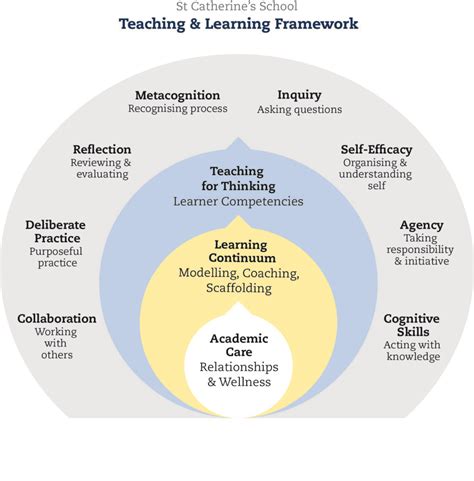
5. Challenges and Criticisms
While the Pedagogy of the Oppressed has been widely praised for its innovative and transformative approach to education, it has also faced several challenges and criticisms. One of the main criticisms is that the implementation of Freire’s principles can be difficult in traditional educational systems that are often rigid and hierarchical. Educators may struggle to adopt a dialogical approach within a standardized curriculum that emphasizes rote learning and assessment.
Another challenge is the potential for misinterpretation or superficial application of Freire’s concepts. Without a deep understanding of the underlying principles, educators might reduce the pedagogy to mere classroom techniques, missing its broader goal of fostering critical consciousness and social change. This can lead to practices that appear progressive but lack the depth and transformative potential intended by Freire.
Additionally, there are concerns about the scalability of Freire’s methods in diverse educational contexts. The emphasis on dialogue and critical thinking may be difficult to achieve in large, overcrowded classrooms with limited resources. In some cases, cultural and political resistance to Freire’s ideas can hinder their adoption and effectiveness.
Critics also argue that the Pedagogy of the Oppressed may not fully address the needs of all students, particularly those requiring more structured guidance. Despite these challenges, the core principles of Freire’s pedagogy continue to inspire educators to strive for more inclusive, engaging, and empowering educational practices.
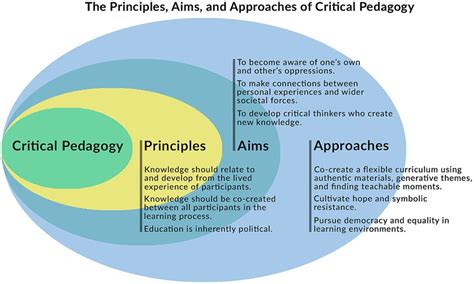
The Pedagogy of the Oppressed offers a revolutionary framework that continues to influence modern education by promoting critical consciousness, dialogue, and praxis. Despite challenges in implementation and criticisms regarding its scalability and depth, Freire’s principles have inspired innovative approaches that enhance student engagement and empowerment. By fostering an inclusive, interactive learning environment, educators can help students become active, socially conscious individuals. As we explore and adapt Freire’s ideas, we move closer to creating educational systems that empower all learners to drive meaningful social change.
gameshoek.com
